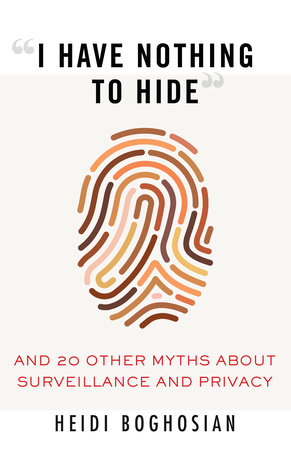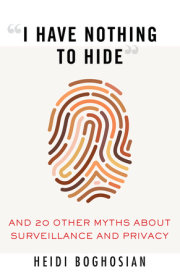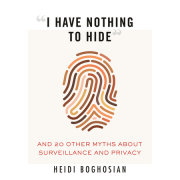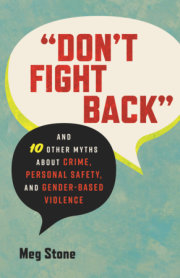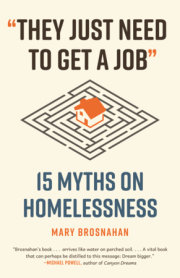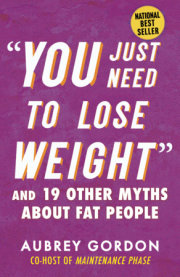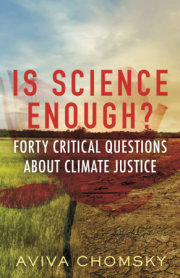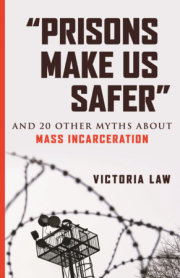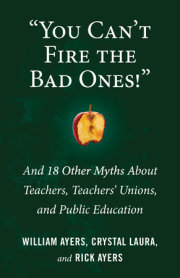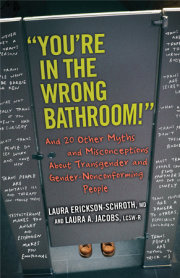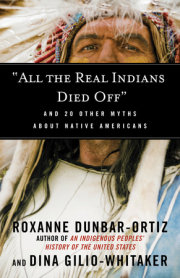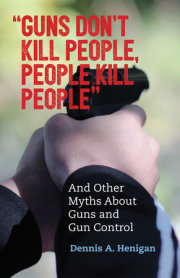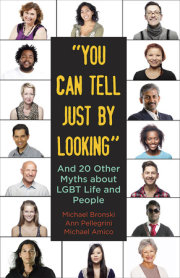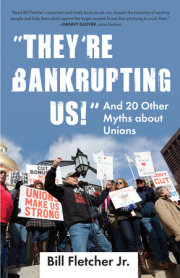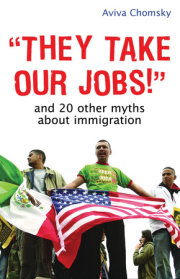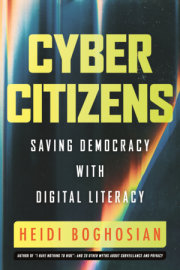Introduction
PART ONE: PERSONAL AND NATIONAL SECURITY
MYTH 1
“Smart homes are more secure”
MYTH 2
“I have nothing to hide, so I have nothing to fear”
MYTH 3
“Encryption and anonymity tools—those are for terrorists!”
MYTH 4
“We should worry about government, not corporate, surveillance”
MYTH 5
“The USA doesn’t have national ID numbers”
MYTH 6
“Surveillance drones are just for war”
MYTH 7
“Surveillance makes the nation safer”
PART TWO: PROTECTIONS AND IMMUNITIES
MYTH 8
“No one wants to spy on kids”
MYTH 9
“Police don’t monitor social media”
MYTH 10
“Biometrics technologies are foolproof”
MYTH 11
“Metadata doesn’t reveal much about me”
MYTH 12
“The constitution protects reporters and their sources”
MYTH 13
“The attorney—client privilege is sacrosanct”
MYTH 14
“They can’t design devices and platforms for privacy”
MYTH 15
“Congress and courts protect us from surveillance”
PART THREE: IMPACT ON AUTONOMY, COMMUNITY, AND SOCIETY
MYTH 16
“Surveillance doesn’t influence how I act”
MYTH 17
“Teenagers don’t care about privacy”
MYTH 18
“Surveillance affects everyone equally”
MYTH 19
“‘If You See Something, Say Something’ is a civic duty”
MYTH 20
“Surveillance can’t predict future behavior”
MYTH 21
“There’s nothing I can do to stop surveillance”
Surveillance and Privacy Timeline
Acknowledgments
Notes

